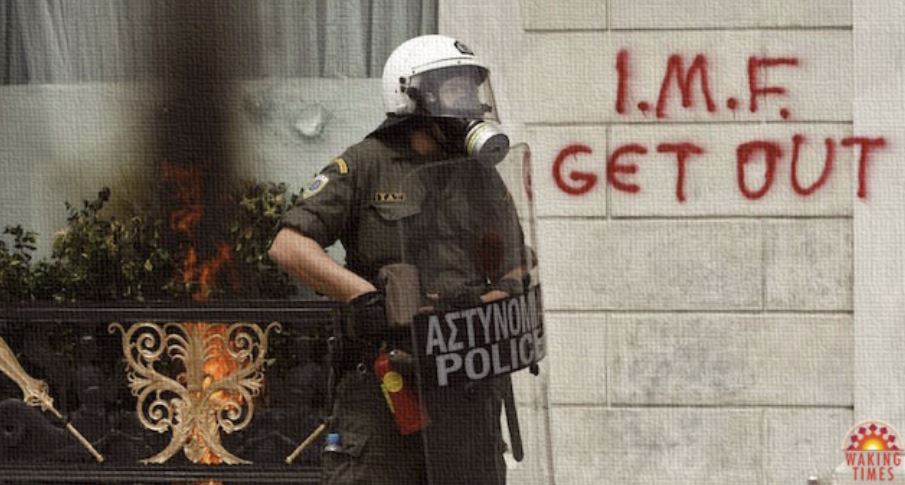Illinois Legalizes Cannabis, will Erase 700K Convictions, Use $57 Million for Debt

On Tuesday, Illinois became the 11th state in the U.S. to legalize the recreational use of marijuana by adults.
Illinois Governor J.B. Pritzker signed a bill into law legalizing the usage and sales for people over the age of 21 if they purchase the product from a licensed dispensary.
The law will take effect starting on January 1.
As a state, Illinois is projected to make over $57 million in tax and fee revenue for the 2020 fiscal year.
The law legalizing recreational use will also erase up to 700,000 marijuana-related criminal convictions for people convicted for marijuana-related crimes in the state in the past, which Governor Pritzker applauded at the bill-signing event.
"This legislation will clear the cannabis-related records of nonviolent offenders through an efficient combination of automatic expungement, of gubernatorial pardon and individual court action," the governor explained.
"Today, we’re giving hundreds of thousands of people the chance at a better life."
Illinois is the second state to make small amounts of marijuana legal for adult use solely by using the legislative process.
It is the first to authorize retailers to sell the substance through legislation, according to Daily Mail.
Voters in nine states as well as the District of Colombia approved marijuana legalization measures including: Michigan, Nevada, Massachusetts, Maine, Alaska, California, Washington and Colorado.
Marijuana-related laws were considered by legislatures in 25 states in 2019, including New Jersey and New York.
However, Illinois is the only state to enact a law so far, according to legalization advocacy group Marijuana Policy Project.
Marijuana-related tax revenue is expected to jump to $140.5 million for fiscal year 2021 and rise from there to $375.5 million by fiscal year 2024, according to Illinois revenue department.
Some of tax proceeds fro weed are earmarked for programs in disadvantaged communities, public safety and drug prevention.
A general fund will receive thirty-five percent of the total tax flow.
Ten percent will go towards paying the state’s enormous pile of overdue bills, which totaled $6.6 million on Tuesday.
Before legalizing its recreational use, Illinois authorized marijuana for medical purposes starting in 2014.



